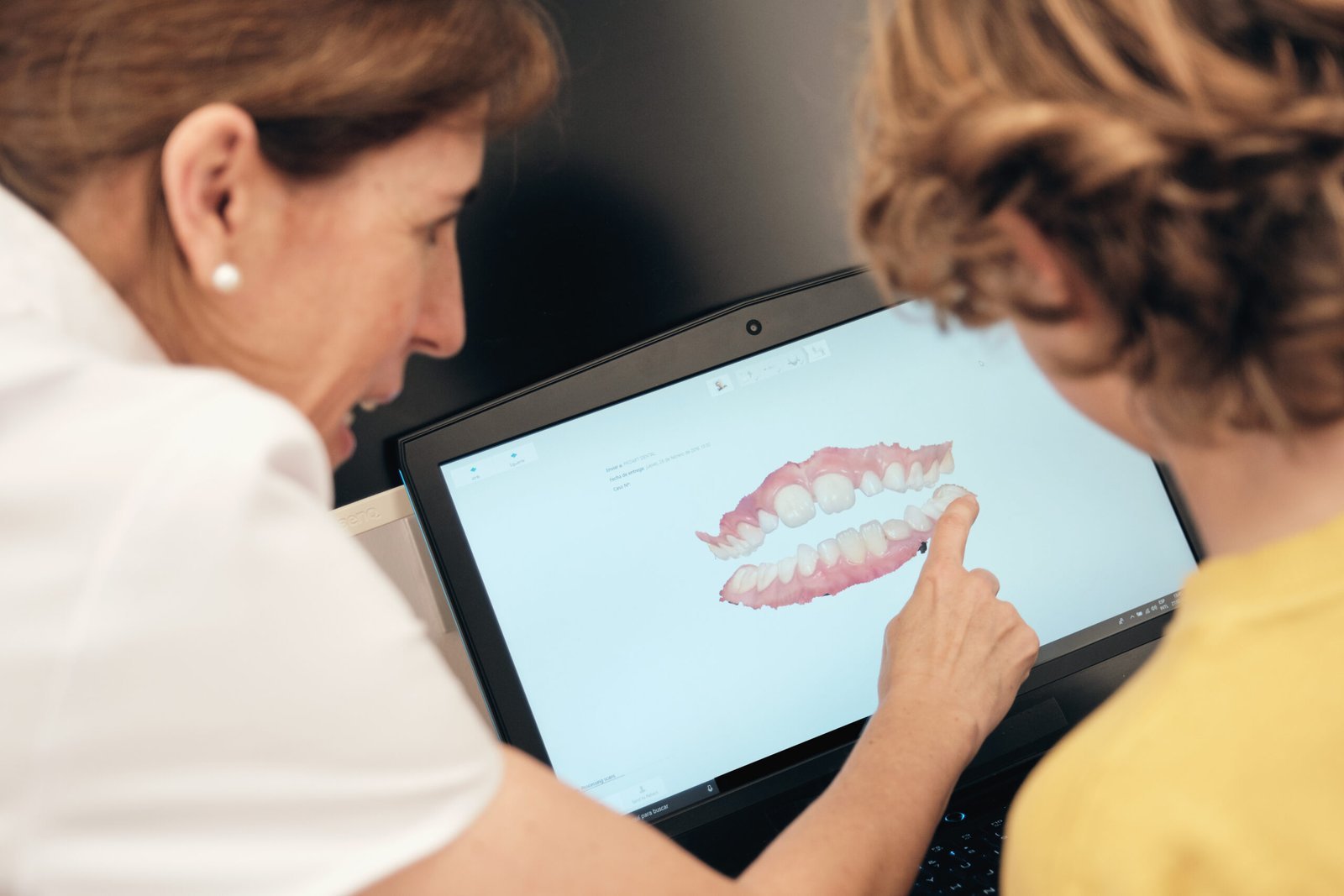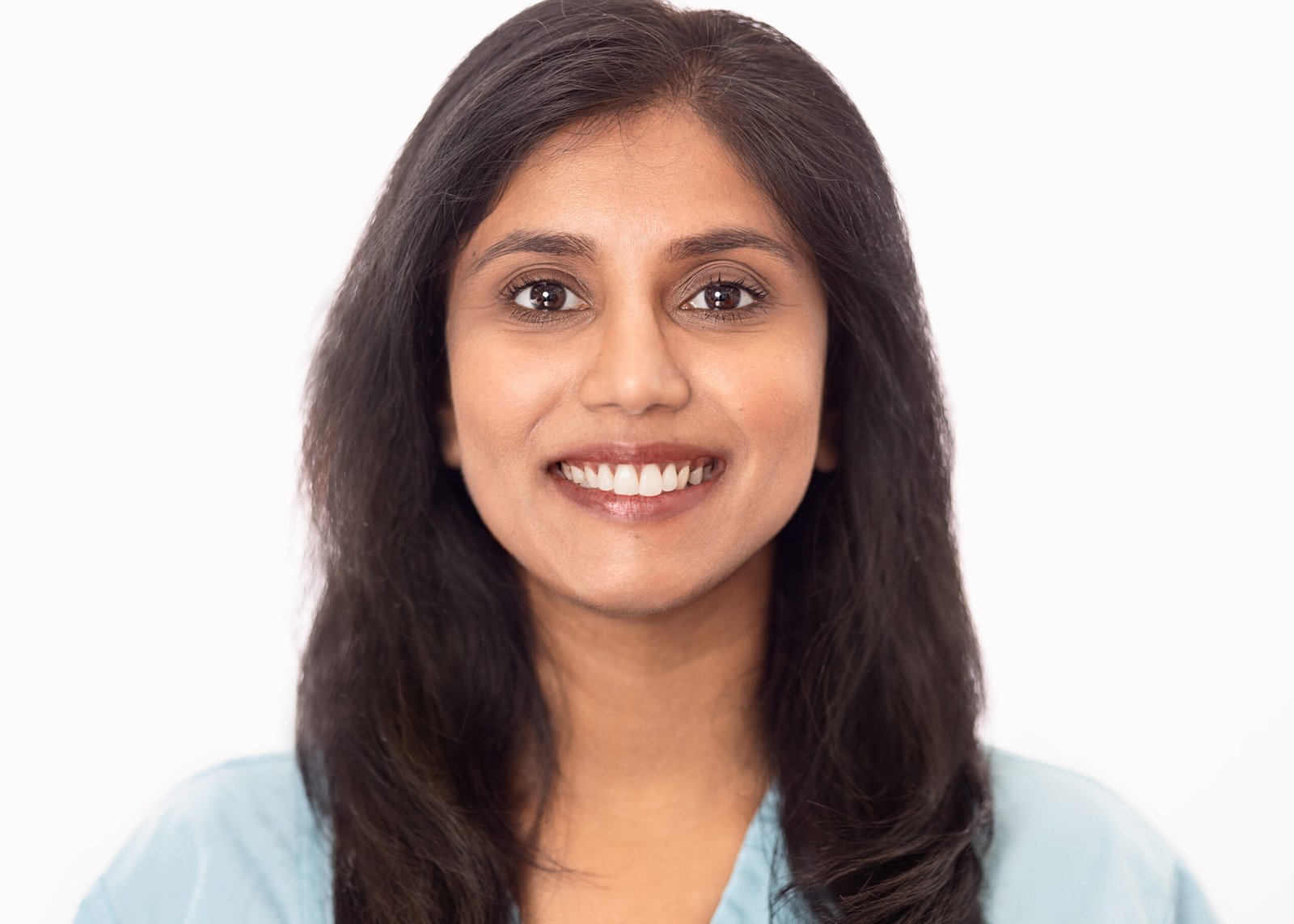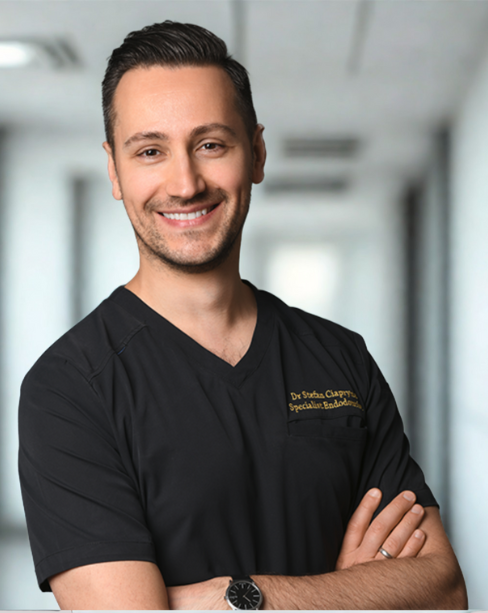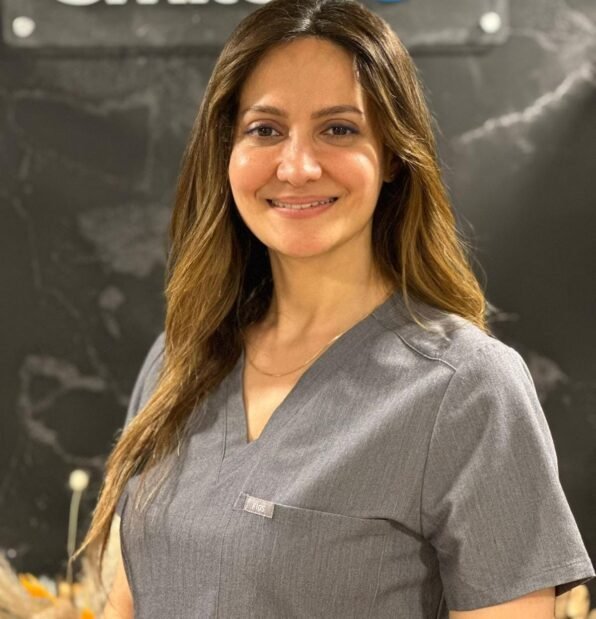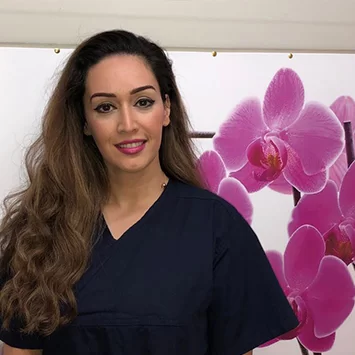What Is Mouth Cancer Screening?
Mouth cancer screening is a quick, painless exam performed by your dentist to detect signs of oral cancer or precancerous conditions. It typically takes just a few minutes during a routine dental visit. Your dentist will:
Visually check your mouth for sores, lumps, or discoloration.
Feel for abnormalities in your neck, jaw, or mouth tissues.
Use special tools (if needed), like a VELscope, which uses light to highlight suspicious areas.
If anything unusual is found, your dentist may recommend further tests, such as a biopsy, to rule out cancer.
Why Is Screening Important?
Oral cancer affects thousands annually, with about 54,000 new cases in the U.S. each year, per the American Cancer Society. Early detection is key because:
- Better survival rates: Early-stage oral cancer has an 80-90% five-year survival rate, compared to under 40% for late-stage cases.
- Less invasive treatment: Catching it early often means simpler treatments, preserving quality of life.
- Prevention: Identifying precancerous lesions can stop cancer before it starts.
Risk factors include tobacco use, heavy alcohol consumption, HPV infection, and sun exposure (for lip cancer). However, anyone can develop oral cancer, making screenings essential for all.
What to Expect
Screenings are straightforward:
- Medical History: Your dentist will ask about symptoms, habits (like smoking), and health history.
- Visual and Physical Exam: They’ll inspect and feel your mouth and neck for abnormalities.
- Advanced Tools: Some dentists use devices like VELscope for enhanced detection.
If something looks suspicious, follow-up tests may be needed, but don’t worry—most findings aren’t cancerous.
Warning Signs to Watch
Between visits, monitor for:
- Non-healing sores (lasting over two weeks)
- Red or white patches
- Lumps or swelling
- Pain, numbness, or difficulty swallowing
How Often Should You Get Screened?
Annual screenings are recommended during dental check-ups. Higher-risk individuals (e.g., smokers) may need more frequent exams.
Take Charge of Your Health
Screenings are quick and could save your life. To reduce risk:
Quit tobacco and limit alcohol.
Eat a healthy diet.
Use SPF lip balm.
Visit your dentist regularly.
Schedule a screening today—it’s a small step with a big impact!



